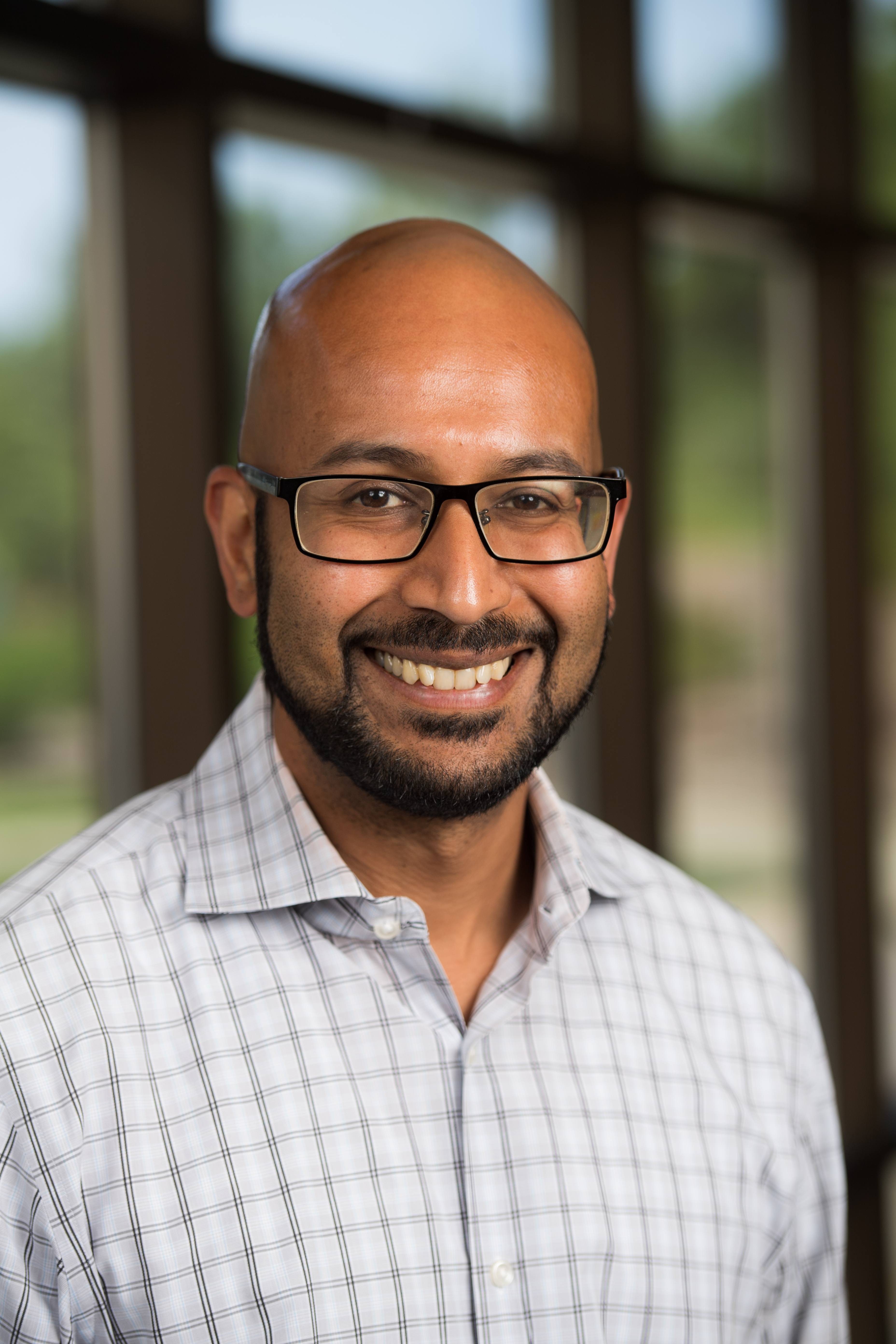Read the entire article on The New Yorker's website here.
[...]
Even in normal times, health-care workers are at high risk for mental-health problems. Doctors commit suicide at twice the rate of the general population; a quarter of I.C.U. nurses have symptoms of P.T.S.D.; a third of residents show signs of depression; more than ten per cent of graduating medical students report having suicidal thoughts. For several years, Srijan Sen, a professor of psychiatry at the University of Michigan who studies the well-being of physicians, has been following medical residents in China, using an app that asks doctors there questions about their moods. Usually, as the Chinese New Year approaches, their collective mood improves; this year, when the pandemic cancelled celebrations, “we saw a pretty concerning decline in mood and increase in depressive symptoms,” he said.
Sen’s work is consistent with other recent research. A study of nurses and doctors caring for covid-19 patients in China found that nearly three-quarters had experienced psychological distress; half reported symptoms of depression, and a third had difficulty sleeping. A preliminary study in Italy found that half of health-care workers there had symptoms of P.T.S.D. In April, these statistics became real for those in New York’s medical community, after two clinicians, an emergency physician and an emergency medical technician, died by suicide.
In his psychiatry practice, Sen cares for doctors struggling with mental health; these days, he works over Zoom. “There’s an increase in concern for patients, a feeling of not being able to do as much as they normally would,” Sen said. “Then there’s the added concern for themselves and their families. On one hand, they feel, ‘This is why I became a doctor.’ On the other, it’s, ‘I’m putting myself, my spouse, and my children at risk.’ ” In his prior work, Sen found that the prevalence and severity of mental-health issues varied from hospital to hospital. He believes that these disparities offer a lesson for this moment. “My sense is that stress and anxiety will be worse in places where clinicians feel that leadership is more concerned with finances than with safety, or is not being upfront about masks and P.P.E.,” he told me. “Ultimately, you want to know that your institution is behind you.”
[...]





